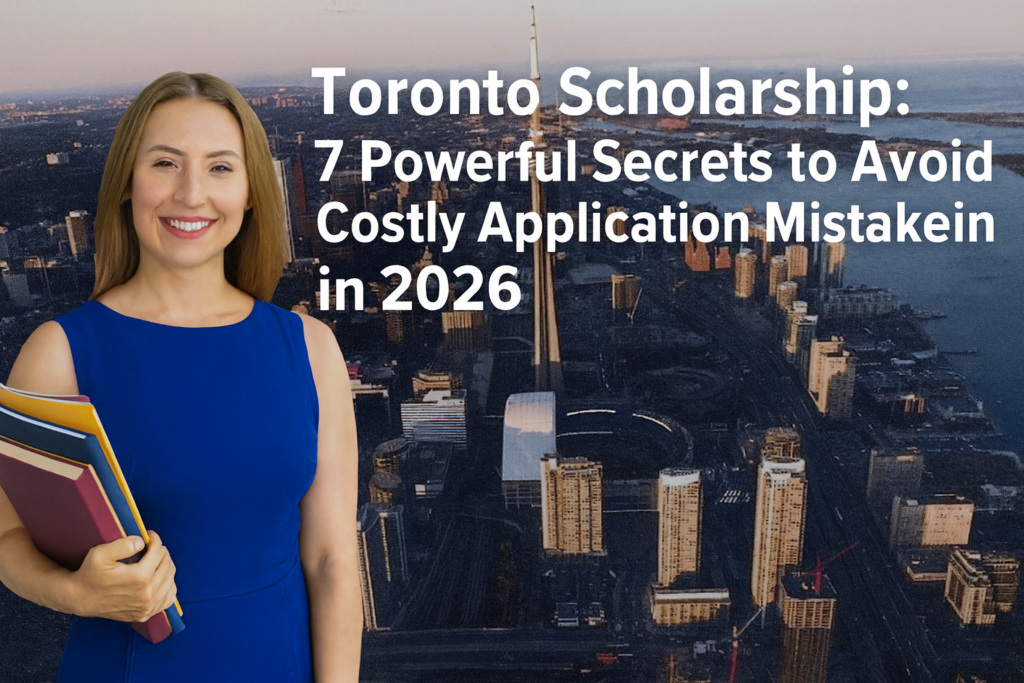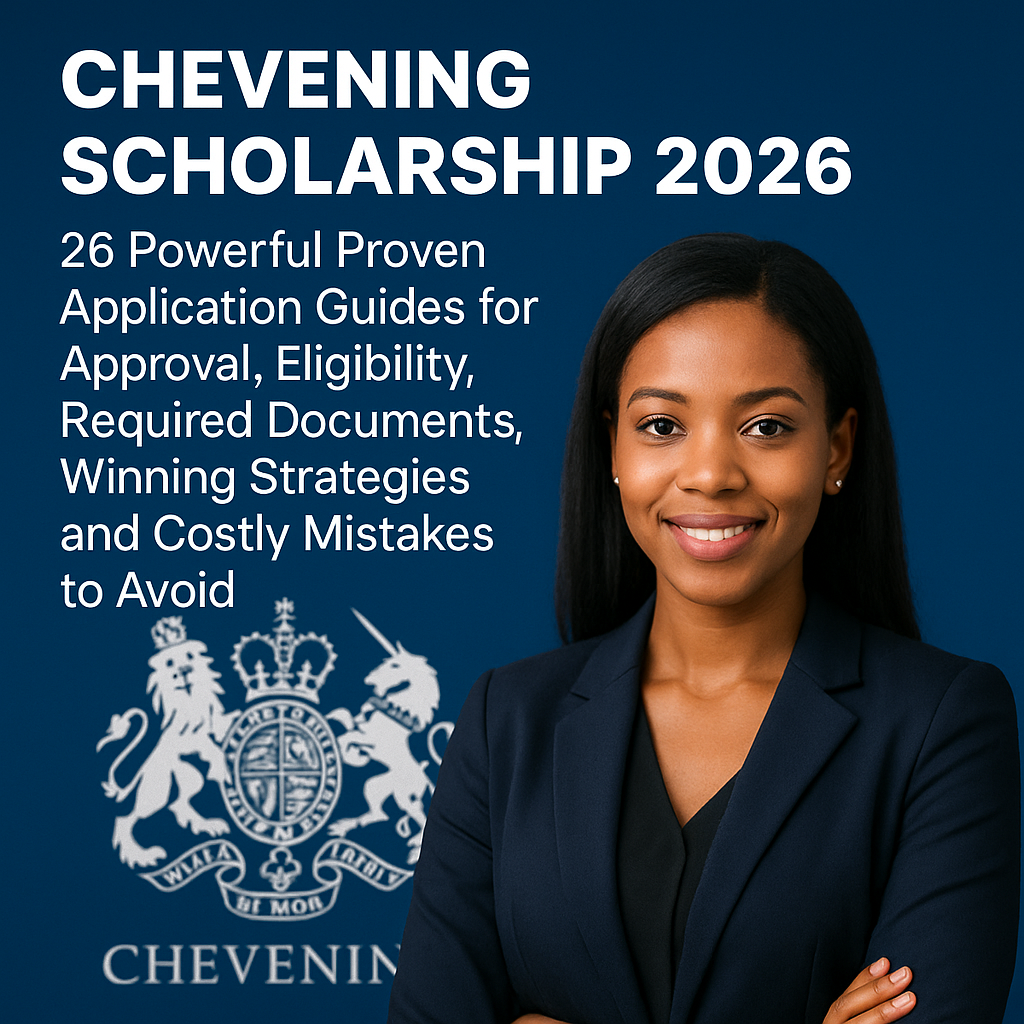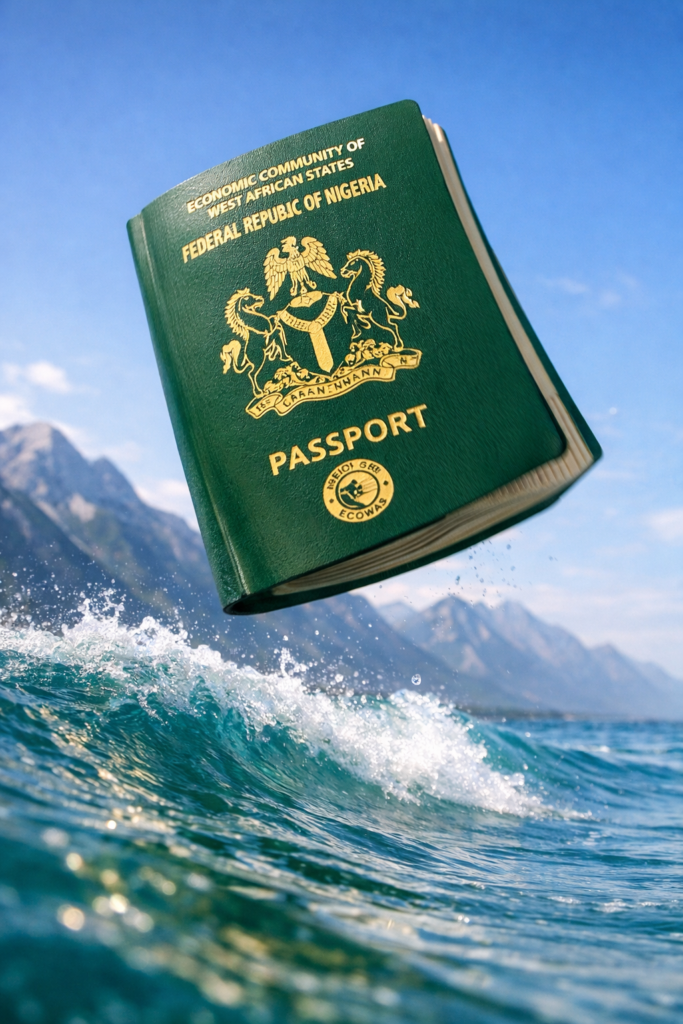Introduction

It’s a heartbreaking reality: students from Africa are being turned away at alarming rates when applying for a Schengen visa Europe. For many bright, ambitious young people, a student visa to Europe represents opportunity, growth, and a ticket to a brighter future. But far too often, their dreams are derailed at the visa interview — and for reasons that feel, frankly, unfair.
Recent data paints a stark picture: African applicants face some of the highest rejection rates globally. According to a report by Henley & Partners, nearly 30% of African Schengen visa applications are rejected, a rate significantly higher than the global average. (Henley & Partners) In 2024, Nigeria alone saw a 45.9% rejection rate, costing aspiring students millions in non-refundable fees. (After School Africa)
So, what’s really going on? Why do so many African students fail their Schengen visa interview? And — more importantly — what can you do to beat these odds?
In this post, we’ll break down the 7 shocking reasons behind these failures and provide proven strategies to dramatically improve your chances of success.
Reason 1 — Discriminatory Bias & Perceived Overstay Risk
One of the most deeply frustrating truths is that bias plays a role. According to Henley & Partners’ Global Mobility Report, visa rejection for African applicants is not just about paperwork — it’s also about perceived risk and systemic prejudice. (Henley & Partners) European embassies often cite “reasonable doubts” about whether African applicants will return home after their stay, and these doubts disproportionately affect African students. (Semafor)
In other words, there’s a structural skepticism toward African applicants — even when they are applying for a student visa with genuine academic intentions. Some analysts argue this skepticism is rooted in both economic assumptions and migration-policy tactics. (Henley & Partners)
Why this matters for your visa interview:
- Visa officers may be predisposed to doubt ties to home country.
- Even a stellar application can be weighed against the risk of overstaying.
- You must proactively counter these assumptions.
How to counter it:
- Prepare solid proof of ties to your home country — family, property, job prospects.
- Clearly articulate your study goals and post-study plans during the interview.
- Use a realistic, well-structured return plan as part of your application package.
Reason 2 — Weak Financial Documentation for the Africa Visa Application
Financial documentation is frequently cited in visa denials — and for good reason. European visa officers want to ensure you have the means to support yourself. But many African students fall short in presenting strong, credible proof of funds.
Common pitfalls include:
- Bank statements that fluctuate wildly or show insufficient balances
- Salary slips or sponsor letters that look generic
- Lack of clear explanation of funds’ source
Visa consultants and resources like Visaline emphasize this risk: “weak proof of financial means” is a top reason for Schengen visa rejections. (visaline.co.za)
Why this matters:
- Financial uncertainty raises red flags, especially for student visas.
- Incomplete or vague documentation undermines trust.
How to counter it:
- Provide recent, consistent bank statements (3–6 months at least).
- If a sponsor is funding you, include detailed proof: employment letter, bank statements, sponsor’s tax returns.
- Prepare a monthly budget showing how your funds will cover tuition, lodging, and other costs.
Reason 3 — Incomplete or Inaccurate Documentation
Another shockingly common issue is documentation — not just its quality, but its completeness and accuracy. Applications are often rejected because forms are filled incorrectly, vital documents are missing, or supporting paperwork is out of order. (visaline.co.za)
Imagine missing a signature here, or a passport page there. Small mistakes can lead to big consequences.
Why this matters:
- Embassies receive thousands of applications; even slight errors can prompt rejection.
- Incomplete files frustrate visa officers and delay or deny decisions.
How to counter it:
- Use the official checklist provided by the consulate or visa centre.
- Double- and triple-check every document: forms, copies vs originals, signed places.
- Consider paying for a pre-check from a visa consultant or someone experienced.
Reason 4 — Poorly Defined Travel Itinerary & Academic Plan
When applying for a Schengen visa Europe as a student, your academic plan has to feel real and logical. But many African applicants submit vague or unrealistic itineraries that make visa officers doubt the authenticity or seriousness of their trip.
Specific issues include:
- An academic plan that doesn’t align with the program of study
- A travel itinerary that lacks clarity or seems rushed
- No confirmed accommodation or travel bookings
Without a convincing academic narrative and a clear plan, visa officers may suspect that the purpose of travel is not what it seems.
Why this matters:
- A solid itinerary and study plan give confidence to visa officers.
- Ambiguity feels like risk — risk of overstaying, risk of misuse of visa.
How to counter it:
- Write a detailed statement of purpose (SOP) outlining why you chose the course, institution, and country.
- Include a day-by-day or month-by-month itinerary: arrival, accommodation, class schedule, breaks, return trip.
- Provide proof of accommodation (university housing, private hostels, or hotel bookings).
Reason 5 — Low Passport Power & Economic Profile
Not everyone realizes how much passport strength and economic status influence visa decisions. According to visa-mobility research, African passports often rank lower on global indices like the Henley Passport Index, which means fewer visa-free options and more scrutiny. (Henley & Partners)
Socioeconomic background also comes into play — applicants from lower-income countries or with very modest personal finances may face systemic assumptions about their likelihood to overstay.
Why this matters:
- Lower passport power can flag an application for deeper scrutiny.
- Consulates may equate lower economic status with risk of migration intent.
How to counter it:
- Demonstrate financial stability effectively (see Reason 2).
- Provide evidence of strong ties to your home country (family, assets, job prospects).
- Emphasize your academic goals and long-term career plan, not just the journey.
Reason 6 — Lack of Confidence & Poor Interview Preparation
Many students underestimate how critical the visa interview is. It’s not a formality — it’s a major factor in whether you pass or fail. Without strong preparation and the right mindset, even a well-documented application can be rejected.
Common mistakes in interviews:
- Nervousness, leading to unclear or shaky answers
- Failure to articulate your academic or post-study plan clearly
- Not being able to justify your financials, your accommodation, or why you will return home
An applicant who seems unsure, unprepared, or inconsistent raises doubts in the visa officer’s mind.
Why this matters:
- The interview is where visa officers test your credibility.
- Your verbal answers can confirm or destroy the narrative built in your documents.
How to counter it:
- Practice common visa interview questions (see list below).
- Prepare a concise, clear pitch about your study plans, finances, and ties home.
- Dress professionally, be polite, and make eye contact – confidence helps.
Sample practice questions:
- Why do you want to study in [European country]?
- What will you study, and how long will it take?
- Who is funding your studies? What proof can you provide?
- What are your post-study plans?
- How will you support yourself after graduation?

Reason 7 — Absence of Long-Term Planning & Return Intent
Perhaps the most serious concern for visa officers is whether the applicant intends to return home after their stay. Without a credible plan, the risk of overstaying looms large in their evaluation.
Visa denial data often attributes refusals to “doubts about applicant’s intention to return home.” (Henley & Partners) For African students, showing a strong future plan in their home country (family, job opportunities, or further education) is critical.
Why this matters:
- Visa officers want reassurance that you won’t overstay or work illegally.
- Without clear return intent, even the best student visa application may be rejected.
How to counter it:
- Present a detailed career plan: where you will work or study after graduation.
- Provide evidence of ties: family, property, or commitments back home.
- Use reference letters from professors or employers in your country to confirm that you have opportunities to return to.
Proven Strategy Table: Side-by-Side Comparison
Here’s a simple table that compares common mistakes with proven ways to beat them. Use this as a checklist when preparing your student visa application.
| Common Issue (Africa Student Visa / Schengen) | Proven Strategy to Overcome It |
|---|---|
| Bias and perceived overstay risk | Show strong ties home; articulate return plan; practice interview confidence |
| Weak financial documentation | Provide recent bank statements; sponsor letters; detailed budget plan |
| Incomplete or inaccurate documentation | Use consulate checklist; double-check forms; submit originals/copies as required |
| Vague travel itinerary or academic plan | Submit clear SOP; day-by-day itinerary; confirmed accommodation |
| Low passport power / economic profile | Emphasize financial stability, academic goals, and social ties |
| Poor interview preparation | Practice common questions; prepare confident, concise responses |
| Low long-term planning or return intent | Provide evidence of future plans, career path, and strong home ties |
Additional Insights & Context
Systemic Barriers & Financial Losses
It’s not just about the individual applicant — systemic issues are at work. According to research by the LAGO Collective and reports in outlets like BusinessDay and The Guardian, African countries are hemorrhaging money from non-refundable visa application fees. For instance, Nigeria lost over €4.5 million in 2024 due to Schengen visa denials. (Businessday NG) (The Guardian Nigeria)
In some cases, this isn’t just financial pain — it’s felt deeply in communities. Article after article highlights how students, entrepreneurs, and professionals from Africa are being systematically disadvantaged. (After School Africa)
Visa Policy & Power Dynamics
Visa rejection rates are not random. As noted by Henley & Partners, African nations with lower GDP and weaker passport power face disproportionately high visa denial rates. (Henley & Partners) The visa regime, some argue, acts as a gatekeeping mechanism — restricting mobility under the guise of risk control.
Importance of Narrative
At the heart of successful visa applications is a compassionate but credible narrative. Many African students underestimate how much narrative matters: not only the numbers (bank statements, transcripts) but the story — why you’re coming, what you plan to do, and why you’ll go back.
Proven Way to Beat the System: Your Four-Step Action Plan
Here’s a tailored action plan for African students aiming to ace their Schengen visa interview and secure their student visa:
- Build a Solid Documentation File
- Use the consulate’s checklist.
- Ensure every document (originals + certified copies) is complete, signed, and up-to-date.
- Provide strong proof of financial means + a realistic budget.
- Craft a Compelling Narrative
- Write an engaging, honest Statement of Purpose (SOP).
- Map out your study timeline, travel itinerary, and post-study plans.
- Show how your time in Europe fits into your bigger life story.
- Prepare Thoroughly for the Interview
- Practice common visa interview questions.
- Write clear, confident responses for your goals, funding, and return plan.
- Dress professionally, remain calm, and project confidence.
- Demonstrate Strong Ties to Home
- Present binding ties: family, job, business, property, community.
- Secure letters of support (from employers, professors, or community leaders).
- Lay out a credible post-study plan that shows you’re not just “visiting” — you’re investing.

Common Myths & Misconceptions — Busted
- Myth: “If my bank balance is high, they’ll automatically approve me.”
Reality: Not necessarily — visa officers look for consistency, source of funds, and a solid plan. - Myth: “My interview doesn’t matter if I’ve submitted good documents.”
Reality: The interview is often the deciding factor. Your verbal clarity and confidence can make or break your case. - Myth: “If I’m studying, I don’t need to show strong ties back home.”
Reality: Return intent is crucial. Without it, visa officers may suspect long-term migration plans. - Myth: “Being from a country with a high rejection rate means I have no chance.”
Reality: While statistics are discouraging, many African students do get approved — especially when they prepare thoroughly and tell a convincing story.
Why This Feels Unfair
Let’s be honest: the system feels rigged. When you spend hours gathering documents, paying non-refundable fees (which can be steep), rehearsing your pitch, and still get denied — it’s more than frustrating. It’s disheartening.
But knowledge is power. Understanding why so many African students fail their Schengen visa interview is the first step to beating the system. It’s not just about checking boxes — it’s about crafting a story, building trust, and proving that you’re not a risk. You’re a student, a dreamer, and someone with real plans.
Schengen Visa Europe — Effect of Low Self-Esteem & Fear During the Visa Interview (and How to Beat It)
Even the most qualified African students sometimes fail their visa interview not because they lack documents — but because they lack confidence. Low self-esteem and fear can sabotage an otherwise strong Schengen visa Europe application.
A Schengen visa officer isn’t just evaluating your papers; they are evaluating you. Your personality, clarity, composure, reasoning, and conviction all play a role. When fear takes over, your body language shifts, your voice becomes shaky, and your ability to express your intentions becomes clouded.
How Low Self-Esteem Shows Up During a Visa Interview
Many students don’t realize they’re signaling fear. Here’s how low confidence appears to an interviewer:
- Avoiding eye contact
- Speaking too softly or too quickly
- Inconsistent answers due to panic, not deception
- Difficulty explaining academic plans or financials
- Over-explaining or rambling
- Looking confused about your own documents
- Appearing uncertain about your reason for travel
To a visa officer, these behaviors may signal that the applicant is unsure, hiding something, or not fully committed to their study plans — even when that isn’t true.
Why Fear Is More Common Among Africa Visa Applicants
Many African students face additional pressure:
- The high cost of application fees
- Fear of rejection due to high refusal rates
- Family expectations
- Trauma from past visa refusals
- Lack of exposure to formal interviews
- Negative online stories that create anxiety
Combine these with embassy buildings that look intimidating, and fear naturally rises.
How to Beat Low Self-Esteem & Fear Before Your Student Visa Interview
Here are proven, psychology-backed strategies to boost confidence and perform with clarity:
1. Practice Visa Interview Questions Until They Become Natural
Confidence grows with repetition.
Prepare answers for:
- Why you chose the country
- Why you chose the course
- Why the school is a good fit
- Who is funding you
- Your future plans after completing your studies
TIP: Record yourself answering. Notice where you hesitate. Improve that area.
2. Use Power Posing Before the Interview
A Harvard study by Amy Cuddy showed that two minutes of power poses:
- Reduce cortisol (stress hormone)
- Increase confidence levels
- Improve communication clarity
Stand tall, open your shoulders, breathe deeply.
This literally changes your brain chemistry.
3. Know Your Documents Inside Out
Nothing destroys fear like preparation.
You should be able to answer confidently about:
- Tuition fees
- Living costs
- Your sponsor’s occupation
- The duration of your program
- Your return plan
Being intimately familiar with your documents gives you control — and removes panic.
4. Anchor Yourself With a Calm Ritual
Create a personal “calm routine” before the interview:
- Deep breathing
- Quiet prayer
- A short walk
- Listening to calming music
- Positive affirmations like:
“I am prepared. I deserve this opportunity. I will speak confidently.”
A centred mind speaks clearly.
5. Dress Smartly — It Boosts Confidence
Whether you realize it or not, your outfit affects your psychology.
Wear clean, simple, professional clothing.
When you feel good, you communicate better.
6. Arrive Early to Avoid Panic
Rushing increases fear.
Aim to arrive at least 30–45 minutes early.
Use the waiting time to breathe, relax, and review your purpose.
7. Speak Slowly & Clearly
Nervous people speak too fast.
Confident people speak slowly.
Slow speech:
- Shows control
- Projects confidence
- Helps the visa officer understand you
- Gives you time to think
Pause between answers. It’s a sign of maturity.
8. Reframe the Interview: The Officer Is Not Your Enemy
Many African applicants walk into the interview already scared of being judged.
But here’s the truth:
The visa officer is simply doing a job — not attacking you.
Stop seeing the interview as a threat.
See it as a conversation where you explain your dream.
9. Visualize Success
The brain cannot distinguish between imagined success and actual success.
Spend a few minutes every day imagining:
- You walking into the embassy with confidence
- You answering clearly
- The officer smiling
- You receiving your passport back with a visa
Visualization is a powerful confidence tool used by athletes, CEOs, and performers.
10. Remind Yourself: You Are Qualified
Fear often comes from self-doubt.
Write these reminders down:
- “I have met all requirements.”
- “I am not begging; I am applying.”
- “I am bringing value.”
- “I am worthy of this opportunity.”
Confidence begins internally.
Conclusion
Applying for a Schengen visa Europe as a student from Africa can feel like navigating a minefield. With rejection rates as high as 45% in some countries, the odds are stacked against you. (Vanguard News) But it’s not hopeless.
By tackling 7 key issues — discriminatory bias, weak finances, poor documentation, unclear planning, passport/economic limitations, under-preparation, and questionable return intent — you can dramatically improve your chances. Your best strategy? Build a compelling, credible narrative around your student visa application, back it up with solid documentation, and walk into your visa interview with confidence.
Yes, the system has been unfair to many. But with the right approach, you can be one of the success stories — the African student who not only applied but got approved. And when you do, all that effort won’t just pay off for you — it sends a message: your ambition matters, your story matters, and you are absolutely worthy of the opportunity.
Low self-esteem and fear are silent killers of many promising Africa visa interviews.
But the good news? Fear can be trained, controlled, and transformed into confidence.
You don’t need to be perfect — you just need to be clear, consistent, and calm.
Your dream is valid.
Your goals are real.
And you have every right to pursue your education in Europe.






Thank you for your sharing. I am worried that I lack creative ideas. It is your article that makes me full of hope. Thank you. But, I have a question, can you help me?
Your point of view caught my eye and was very interesting. Thanks. I have a question for you.
Thank you for your sharing. I am worried that I lack creative ideas. It is your article that makes me full of hope. Thank you. But, I have a question, can you help me?
I don’t think the title of your article matches the content lol. Just kidding, mainly because I had some doubts after reading the article.
Your article helped me a lot, is there any more related content? Thanks!
Your point of view caught my eye and was very interesting. Thanks. I have a question for you.
Your article helped me a lot, is there any more related content? Thanks!
Hallo kleine und gro?e Abenteurer! https://das-bluey.de/ bringt das frohliche Chaos des Spielens direkt ins Kinderzimmer. Ob mit der rollenden Feuerwehr, dem duftenden Foodtruck oder dem wusligen Supermarkt – jede Szene ladt zum Lachen, Erfinden und Staunen ein. Figuren, Gerausche und bunte Details machen jeden Tag zu einer neuen Geschichte voller Herz und Spa?.
Hallo, Lebensliebhaber! https://daslzy.de/ steht fur Bewegung, Ausdruck und Freude an jedem Detail. Mit Skateboards, Longboards und Waveboards wird der Asphalt zur Buhne, auf der Freiheit spurbar wird. Gleichzeitig verwandeln Spandex-Tischdecken, Hussen und feine Stoffservietten jedes Fest in ein stilvolles Erlebnis. LZY macht Raume lebendig und Momente unvergesslich – mit Energie, Farbe und Gefuhl.
Thanks for sharing. I read many of your blog posts, cool, your blog is very good.
Hallo an alle, die Raume lieben, die sprechen. Mit https://das-vailla.de/ wird eine schlichte Wand zu einer Buhne fur Traume – ob ein zarter Frauenumriss, das ruhige Relief der Berge oder ein Baum des Lebens aus warmem Holz. Jede Form tragt etwas Menschliches in sich und fullt das Zuhause mit sanfter Energie und Charakter.
Thank you for your sharing. I am worried that I lack creative ideas. It is your article that makes me full of hope. Thank you. But, I have a question, can you help me?
Your article helped me a lot, is there any more related content? Thanks!
Thank you for your sharing. I am worried that I lack creative ideas. It is your article that makes me full of hope. Thank you. But, I have a question, can you help me?
Hallo an alle, die den Duft junger Blatter lieben. Mit https://das-viparspectra.de/ erwacht jedes Pflanzchen zum Leben, sanft gefuhrt vom prazisen Spiel aus Licht und Schatten. Ob winziger Spross oder kraftige Blute – die Lampen schaffen ein Klima, das nahrt, starkt und wachsen lasst. Technik und Natur tanzen hier in leuchtender Harmonie.
Your point of view caught my eye and was very interesting. Thanks. I have a question for you.
Hallo an alle, die gerne Neues entdecken. Bei https://sumeber.de/ treffen Bewegung und Alltag aufeinander – hier rollen Kinder auf leuchtenden Inlinern durch den Park, gleiten Jugendliche auf Waveboards durch die Stra?en, wahrend daheim Wasserhahne glanzen, Tische funkeln und Schirme Regen in Kunst verwandeln. Jedes Stuck bringt ein Stuck Freude in den Tag – leicht, clever, lebendig.
Hallo an alle, die Taschen lieben. Bei https://bestou.de/ glitzert jede Form ein bisschen anders – mal mit funkelnder Geometrie, mal mit ruhiger Lederoptik. Gro?e Shopper, zarte Clutches, wandelbare Umhangetaschen – sie alle halten kleine Welten zusammen. Fur Arbeit, Spaziergang oder Abendlicht, jede begleitet den Tag mit Glanz und Gefuhl.
Hey! Hier geht es um mehr als nur Farbe – https://das-bondex.de/ schutzt, nahrt und lasst Holz atmen. Ob wetterfeste Lasuren, seidig glanzende Lacke oder tief pflegende Ole, jede Formel ist gemacht, um Regen, Sonne und Zeit zu trotzen. Fur Zaune, Terrassen, Gartenhauser, fur alles, was drau?en steht und Charakter hat. Bondex halt, was Natur verspricht – Bestandigkeit mit Herz und Hand.
Thank you for your sharing. I am worried that I lack creative ideas. It is your article that makes me full of hope. Thank you. But, I have a question, can you help me?
Hallo Raumgestalter und Heimliebhaber! https://srdcaim.de/ bietet alles, was Raume lebendig macht. Von cleveren Eckschranken fur Badezimmer, die Ordnung schaffen, bis zu soliden Holzbar-Tischen, die Gemutlichkeit und Funktion verbinden. Acryl-Displays ordnen und prasentieren Muster perfekt, wahrend robuste Entwasserungssysteme drau?en Sicherheit und Struktur bieten. Jedes Produkt bringt Design, Nutzen und ein Stuck Inspiration in den Alltag.
Hallo und willkommen in der Welt von https://das-izabell.de/, wo Raume zu Geschichten werden. Weiche modulare Sofas laden zum Bauen, Kuscheln und Traumen ein. Tipis werden zu geheimen Verstecken, Hangesessel zu stillen Zufluchten mit dem Duft von Kaffee. Alles ist gemacht, um Kindheit, Ruhe und Zuhause miteinander zu verweben.
Hallo Technikbegeisterte und Gartenfreunde! https://das-izabell.de/, bringt Leistung und Ordnung in jede Ecke. Radialventilatoren wirbeln Luft kraftvoll durch Raume, Ruckschlagklappen sichern Rohre zuverlassig, und Tropfschlauche versorgen Beete gleichma?ig mit Wasser. Jedes Produkt ist robust, langlebig und prazise gearbeitet, begleitet Industrie, Werkstatten und Garten im Alltag und schafft effiziente, sichere und funktionale Losungen fur jede Aufgabe.
Hallo! https://das-all4all.de/ verwandelt Raume in lebendige Oasen. Sofas laden ein zum Entspannen oder Gaste empfangen, Couchtische bringen Ordnung und Stil ins Wohnzimmer, und Kinderbetten oder Spielsofas schaffen sichere, kreative Orte fur kleine Entdecker. Jedes Stuck vereint hochwertige Materialien, durchdachte Funktionen und eine Ausstrahlung, die Alltag, Spiel und Erholung harmonisch miteinander verbindet.
Hallo Glanzliebhaber, willkommen in der Welt von https://das-abacus.de/, wo Sauberkeit fast von selbst passiert. ABACUS verwandelt Haus und Garten in gepflegte, sichere Orte. Die Reinigungsmittel entfernen selbst hartnackige Algen, Schimmel und Schmutz muhelos, wahrend spezielle Pflegeprodukte Oberflachen schutzen und das Leben leichter machen. Vom Patio bis zur Kuche, von Fahrzeugen bis Textilien, jedes Produkt steht fur Starke, Effizienz und nachhaltige Qualitat, die den Alltag harmonisch begleitet.
I don’t think the title of your article matches the content lol. Just kidding, mainly because I had some doubts after reading the article.
Thank you for your sharing. I am worried that I lack creative ideas. It is your article that makes me full of hope. Thank you. But, I have a question, can you help me?
Your enticle helped me a lot, is there any more related content? Thanks!